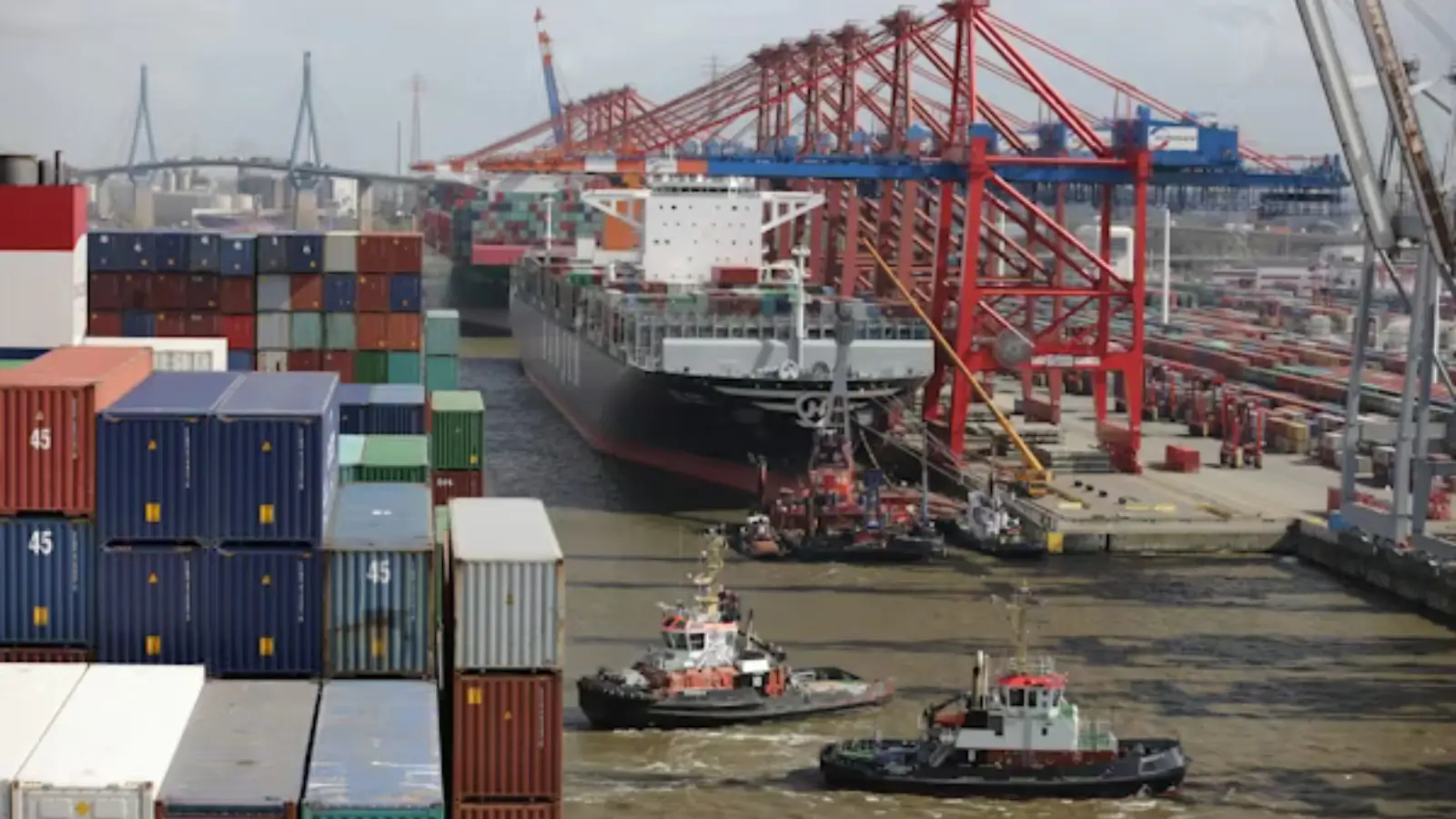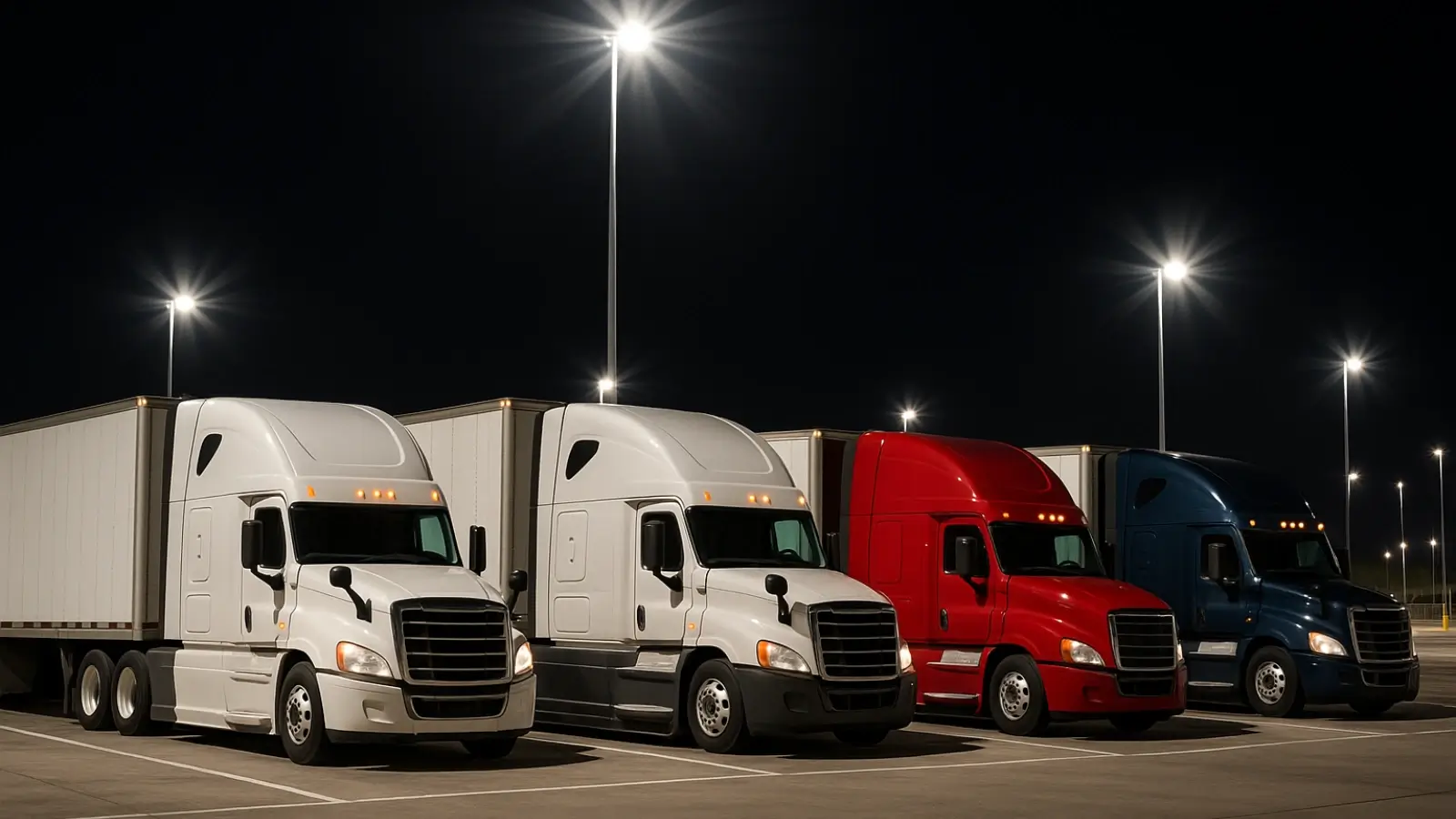In the world of freight logistics, two key players help move goods from one point to another: truck dispatchers and freight brokers. While both professionals are crucial to the success of transportation operations, their roles, responsibilities, and business models are distinctly different. Understanding these differences is important not just for carriers and drivers, but also for shippers and logistics companies looking to build reliable partnerships.
What Does a Truck Dispatcher Do?
A truck dispatcher works directly with motor carriers (trucking companies or owner-operators) to manage the day-to-day operations of their fleet. Their primary responsibility is to find loads for drivers, negotiate rates, handle paperwork such as rate confirmations and bills of lading, and ensure smooth communication between drivers, customers, and shippers.
A dispatcher or freight dispatch service agency often acts as the internal logistics manager for small or mid-sized fleets. They monitor weather, traffic, equipment availability, and driver hours to schedule and route trucks efficiently. A dispatcher may work in-house for a trucking company or as a third-party service assisting multiple carriers.
For owner-operators who don’t want to deal with the administrative side of booking loads, a dispatcher can be a valuable asset. Some dispatchers also offer additional services such as invoicing, compliance support, and broker vetting.
What Is the Role of a Freight Broker?
A freight broker, on the other hand, acts as an intermediary between shippers (the people or companies who need freight moved) and carriers (the people or companies who have the equipment to move it). Brokers do not employ drivers or operate trucks. Instead, they use their network of motor carriers to fulfill shipping needs for their customers.
The freight broker’s job is to source freight from shippers, negotiate the shipping rate, and then find a carrier willing to haul the load at a profitable margin. Once the load is covered, the broker coordinates pickup and delivery while ensuring both sides are satisfied. Brokers must be licensed by the FMCSA (Federal Motor Carrier Safety Administration) and carry a surety bond.
Key Differences Between Dispatcher and Broker
The main distinction lies in who they represent. A dispatcher represents the carrier — their job is to keep the truck moving with profitable loads. A broker represents the shipper, trying to find the best possible carrier for the best possible rate.
Another important difference is regulation. Freight brokers are required by law to be licensed and bonded. Dispatchers, unless they handle freight without a broker or carrier agreement, are not required to be licensed, though many operate under legal gray areas if they begin to act like brokers without authority.
Who Should You Work With?
If you’re an owner-operator looking to stay on the road without spending time hunting for loads, a dispatcher is likely your best partner. They focus on your success as a carrier and help you maintain a steady income with minimal downtime.
If you’re a shipper or a business needing to move freight but don’t want to manage carrier relationships directly, working with a licensed freight broker is the way to go. Brokers offer access to a wide network of carriers and handle all the logistics on your behalf.
Final Thoughts
Both dispatchers and brokers are vital to the trucking industry, but they serve different functions and cater to different clients. Choosing the right partner depends on your role in the transportation chain. Whether you're looking to move freight or keep your truck loaded, knowing the difference between a dispatcher and a broker can save you time, money, and confusion.
















